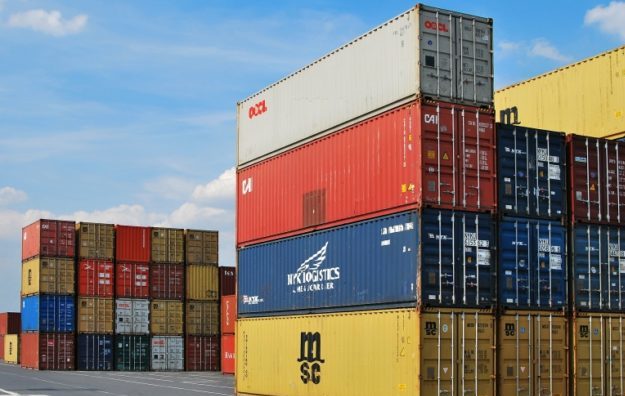The CARM system, set to launch on May 13, 2024 has been delayed until October 2024. The Canada Border Services Agency (CBSA) cited the cause for delay is related to the potential impact on their operations should members of the Public Service Alliance of Canada, which represents over 9,000 employees of the CBSA, choose to strike. The Public Service Alliance of Canada launched a strike vote on April 10th.
Though the delay affords importers and other trade chain partners additional time to register for a CARM Client Portal (CCP) account and make related procedural changes, it is clear the CBSA intends to proceed with implementing CARM as the mandatory system of record. Those who import commercial goods into Canada should register their businesses in the CCP and delegate necessary authorities as soon as possible to avoid any potential delays and registration issues in October. Importers looking to use the Release Prior to Payment program should also ensure they are positioned to post the necessary security.
Background
The new system when in place will serve as the official platform for interacting with the Canada Border Services Agency (CBSA) regarding commercial import shipments into Canada. If your corporation imports goods and materials, we recommend that you proactively complete necessary registrations and meet requirements before this date to avoid disruptions in importing and conducting business with the CBSA.
Key points about CARM (CBSA Assessment and Revenue Management):
- Mandatory System: The CBSA has announced that CARM will become the mandatory system for Canadian importation. It introduces significant procedural changes for importers.
- CCP Account: Importers must register for a CARM Client Portal (CCP) account to continue their importing activities. Without a CCP account, importers will be ineligible to import goods after October 2024.
- Supply Chain Considerations: Importers should anticipate potential disruptions and consider increasing critical imports into Canada before the CARM system’s implementation.
Remember to gather the necessary information (such as GCKey, Business Number, and Import/Export Program account) to complete your CCP registration and ensure smooth operations with the CBSA. Individual access and authorization levels within the business account should also be addressed.
For more detailed information on this new mandatory system, please refer to the full article, as written by RSM Canada.



